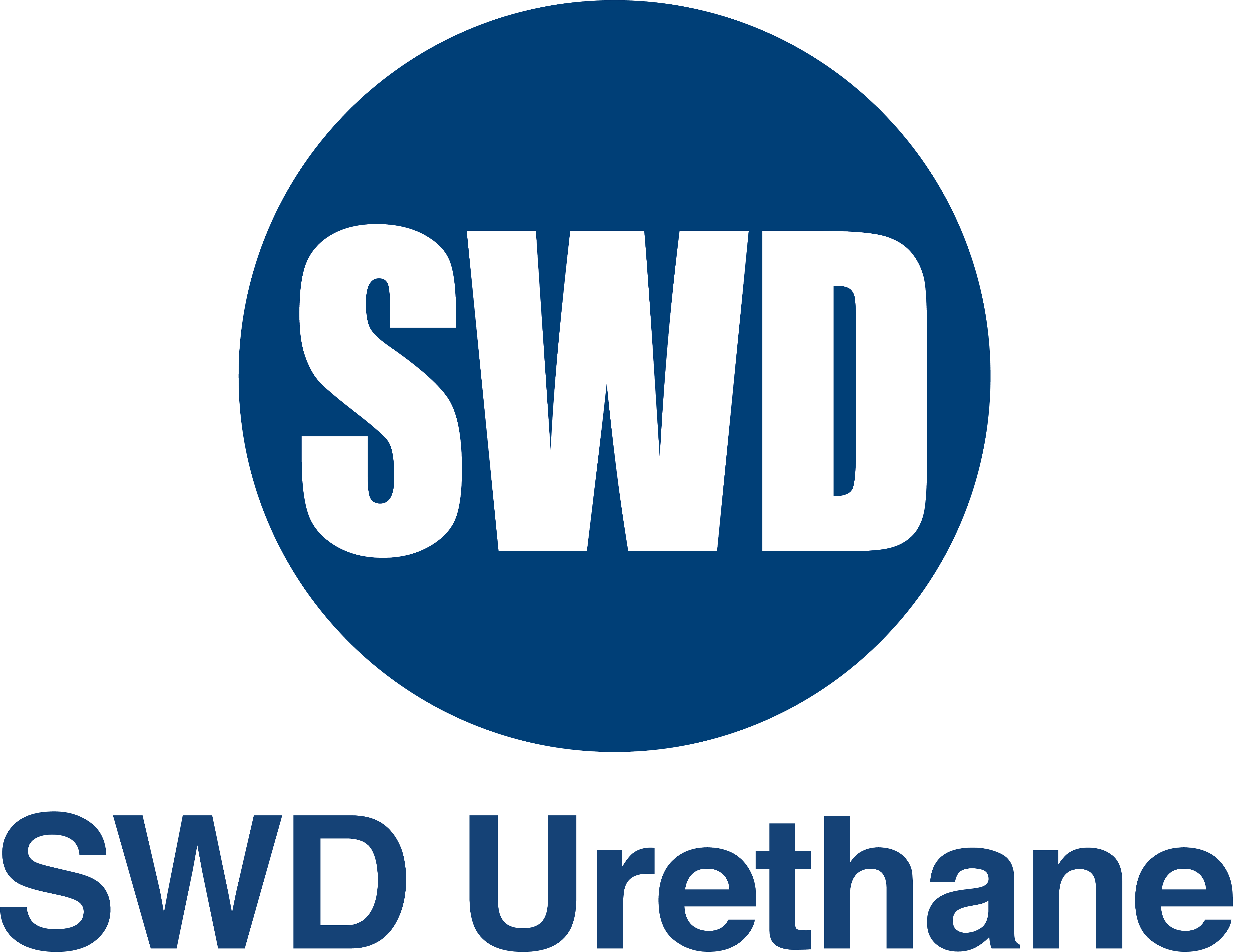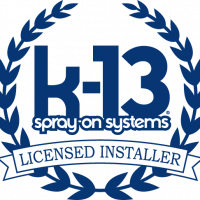Common Maintenance Issues for Home Insulation
Proper insulation is essential for maintaining a comfortable and energy-efficient home. However, like any other component of your house, insulation requires regular maintenance to ensure its effectiveness. In this blog post, we will explore some common maintenance issues for home insulation and provide helpful tips on how to address them.
1. Settling and Compression
Over time, insulation may settle or compress due to natural factors such as gravity and the weight of the materials above it. This can result in uneven or inadequate coverage, reducing its thermal resistance. To address this issue, it is important to periodically check and fluff up the insulation in your attic or crawl space. Gently raking or puffing up the insulation with a broom or rake can help restore its thickness and improve its efficiency.
2. Moisture and Mold Growth
Moisture is one of the biggest enemies of insulation. If moisture infiltrates your insulation, it can lead to mold and mildew growth, compromising its effectiveness and potentially causing health issues. To prevent moisture-related problems, regularly inspect your home for any sources of moisture, such as leaking pipes or roof problems. Addressing these issues promptly can help protect your insulation and prevent the growth of mold and mildew. If you do encounter mold growth, it is essential to remove and replace the affected insulation to maintain a healthy indoor environment.
3. Pest Infestations
Insulation can provide a cozy nesting ground for pests such as rodents and insects. These unwanted visitors can damage or contaminate the insulation, weakening its performance. To prevent pest infestations, ensure that any openings or cracks in your home’s exterior are sealed properly. If you suspect or discover a pest infestation, it is important to address it promptly by contacting a professional pest control service. They can help eliminate the pests and assess any damage to your insulation that may require repair or replacement.
4. Air Leaks and Gaps
Even the best insulation can be ineffective if there are air leaks or gaps in your home’s envelope. These openings can allow drafts to enter and escape, compromising the energy efficiency of your insulation. Regularly inspect your home for any visible gaps or cracks around windows, doors, and electrical outlets. Seal these gaps with caulking or weatherstripping to prevent air leakage and enhance the performance of your insulation. Additionally, consider having a professional conduct a blower door test to pinpoint any hidden air leaks that might be compromising your insulation’s effectiveness.
5. Insulation Damage
Insulation materials can be susceptible to damage from various factors such as moisture, pests, and physical wear and tear. Over time, this damage can lead to reduced insulation performance. Regularly inspecting your insulation for any signs of damage, such as tears, holes, or compressed areas, is crucial. If you discover any issues, it is important to repair or replace the damaged insulation promptly. Consulting with an insulation professional can help determine the best course of action based on the severity and extent of the damage.
6. Aging and Deterioration
Insulation materials, especially older ones, can deteriorate over time, leading to a decline in their effectiveness. If your home’s insulation is several years old, it is advisable to have it inspected by a professional. They can assess its condition and provide recommendations on whether it needs to be repaired or replaced. Upgrading to more advanced and energy-efficient insulation materials can significantly improve your home’s thermal performance and ultimately reduce your energy bills.
7. Regular Maintenance and Upkeep
To ensure the longevity and effectiveness of your insulation, regular maintenance and upkeep are necessary. This includes checking your insulation periodically, addressing any issues promptly, and conducting routine maintenance tasks such as cleaning gutters to prevent water damage. Additionally, scheduling professional insulation inspections every few years can help detect and address any underlying issues before they cause major problems.
Final Thoughts
Maintaining your home insulation is crucial for maximizing its effectiveness and ensuring a comfortable and energy-efficient living environment. By addressing common maintenance issues such as settling and compression, moisture-related problems, pests, air leaks, insulation damage, aging, and conducting regular maintenance and upkeep, you can prolong the lifespan of your insulation and enjoy the benefits it provides for years to come. Regularly consulting with an insulation professional can help you stay on top of any maintenance needs and ensure your insulation performs optimally.


